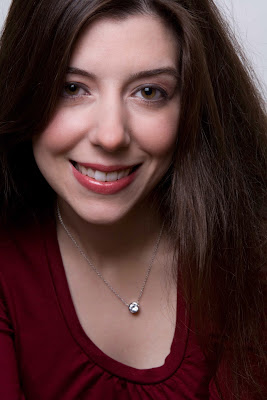In Beyond Blue, Therese Borchard writes of how the Rosary is a lifesaver for her spiritual and mental life. She also shares that she has several short phrases, such as “God be with me,” she uses when she finds anxiety or sadness overtaking her spirit.
I agree very much that the Rosary is an excellent devotion for calming and reflection, and drawing ever deeper into relationship with Jesus and his (and our) Mother, Mary. I hope this doesn’t sound disrespectful when I say that it helps me get to sleep if I am ever having a wakeful night. I like to think that it is Mary is practical and knows, as a mom, that a mom needs sleep! I also find the Divine Mercy chaplet, especially the chanted and the sung versions, very soothing.
What prayers or devotions do you find helpful when you need calming or a mental health boost? I’m asking this not in a way to say that spiritual practices are only for our physical or mental benefit, because we derive spiritual benefits from the practice of our faith. But these prayers can have great impact in our life in many ways, and recognizing that is good.
